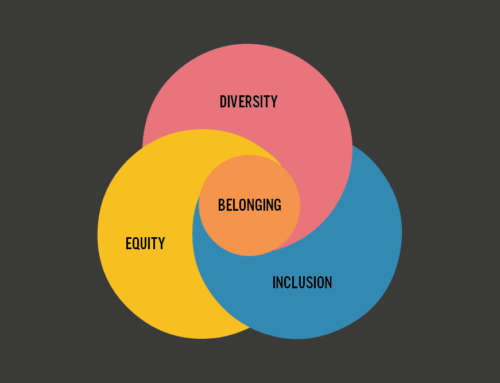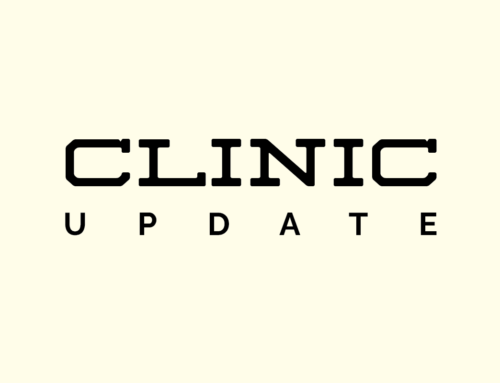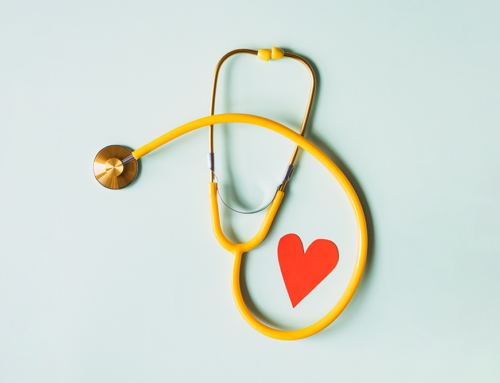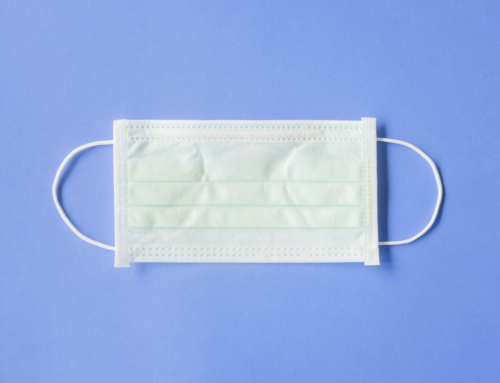We closed the doors to our acupuncture clinics mid-March and cracked open again in June, with all new processes and feeling like a wobbly new business again after 14 years. Two months in and we’re grateful for each day that we can open up shop and offer some TLC. And of course, we’re humbled by the year, too.
Recently, Milagros Phillips (a wise human and race literacy facilitator by trade) shared her observation that many people and businesses are experiencing an “end of innocence.” We are facing uncertainty in our individual and collective economic state, concerns for our public health, and losing confidence in our political and systems of social health too. All the while, white business owners like me are coming to terms with the “loss of innocence” regarding entrenched racism and deep disparities.
This is indeed the end of our innocence, and admittledy as a 14 year old business, this is a time that has been nothing short of an awkward, humbling awakening. I am observing organizations close their doors, that we, as a small business, grew up alongside in Hampden. I go to bed every night and wake up everyday thinking about how many staff we’ve lost. In March, we were a team of 30. As of this writing, there are 10 of us holding down Mend’s day-to-day operations. I watch the news for what options will exist for those who have yet to return to work due to health concerns, logistics of childcare, or simply lack of work. I confront our blindspots to race and racism in our industry and in our own walls, and where we could have done better.
Before shuttering we were in a growth spurt, having doubled in size over the previous 18 months. Mend was “scaling” up and speeding along. We were courted by investors excited by its earning potential for outside shareholders. If not interrupted, it’s possible that our practice would have completely lost its way and forgotten the values of the medicine we practice. The medicine we practice is based on the laws of nature. Growth and healing take time, water and light. And, healthcare relies on humanity – two people, still enough to listen and be curious together about the body’s messages.
I wasn’t the only one swept up into the speed and “potential” of pre-pandemic living. Our patients have also been telling us for some years that they “weren’t built for this kind of life.” They were running from one accomplishment to the next, measuring worth on production. When we closed in March and reopened in June I said to myself and the team, if we get this right, we will never go back to normal.
If Mend were not just a 14 year old organization but rather a 14 year old human, it would sit squarely in the middle of Developmental Psychologist Erik Erikson’s Identity vs. Role Confusion stage. As an adolescent, one strives to understand how they fit into society. It can be a confusing time and one of insecurity as well. During this life stage, we develop our sense of self which is constantly changing due to new experiences and information we acquire in our daily interactions with our environment.
And then the pandemic and like many businesses, we had to stop those daily interactions. This pause in the way we operate quieted some of our teenage business angst, allowing us to rethink how we operate as an organization and realign with the values of the medicine. For instance, we became more relaxed around urgency and perfectionism. And, we embraced a model for collective care, which includes transparency and democratic decision-making from those who work within these walls and know what’s best for delivering this medicine. There are many other curiosities about what it means to be a company in our current moment that are compelling to ponder now.
I am in the unknown about Mend’s future should we be able to have another 14 years. Simply put, we are embracing our adolescence and taking our time in this stage. Perhaps we are not alone, perhaps as a nation we are all finding our sense of self. As we grieve what was as a country, as an organization or as an individual, we only need to worry about what’s essential and where we can find small joys. In the words of labor activist Rose Scheneiderman, “Let there be bread, but let there be roses, too.” Let us work for the bread on our tables, but also have enough time and energy to grow roses if we wish.
For now, I appreciate everyday that I can turn the key to our doors and open them for service and care. I am grateful for those on the ground partnering in this offering. And grateful for those who have been so much a part of our development and remain in our fabric, even if not yet back on the ground. I deeply appreciate our patients for their trust in us and for continuing to show us how to be a purposeful organization.
Surely this “pause” will change us all, and hopefully on the other side of the introspection is a clarified sense of purpose. If we get this right, we will never go back to normal.





